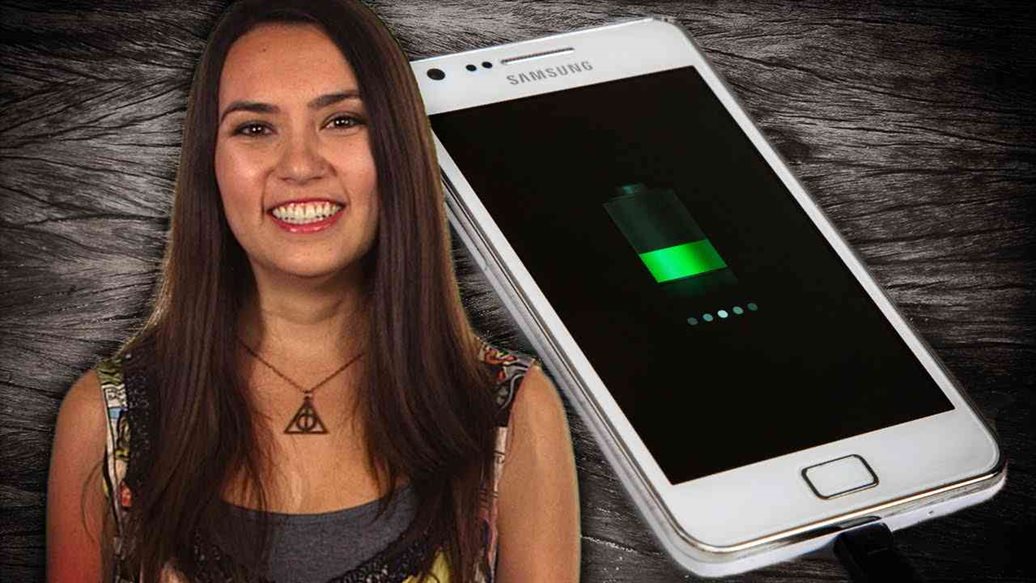Fast Battery Charge Under 6 Minutes
Scientists have developed a new battery made with aluminum filled capsules that could very well charge your cell phone in just six minutes.
Surprising as it sounds, the battery has four times the capacity as the standard lithium-ion batteries and degrades very little over the time.
The battery uses nanoparticles. The shell of the battery is made out of titanium dioxide wrapped around aluminum, which functions as the battery’s negative electrodes.
The researchers at Massachusetts Institute of Technology and Tsinghua University in Beijing found that the metal-encased by the aluminum within the cell could expand and shrink freely. The research team includes and JunjieNiu, Kangpyo So, and Chao Wang of MIT and Sa Li, Yu Cheng Zhao, and Chang An Wang of Tsinghua University in Beijing.
Researchers overcame the previous failure experience of using aluminum rechargeable lithium-ion batteries, and now they have succeeded. According to MIT professor Ju Li, at normal charging rate, the outcome equals to an electrode providing three times the capacity of graphite (1.2 Ah/g). After 500 cycles at fast charging rates, the capacity is around 0.66 Ah/g.
Aluminium is a high capacity metal that shrinks and expands according to the environment it’s exposed to. When charged and discharged it can double its volume and shrink again. This leads to repeated shedding and reforming of the lithium layers and degrades a battery’s capacity.
The materials used for the production of the battery is cheap and the production has a simple and easy manufacturing method.
This study was published in the Nature Communications journal.







